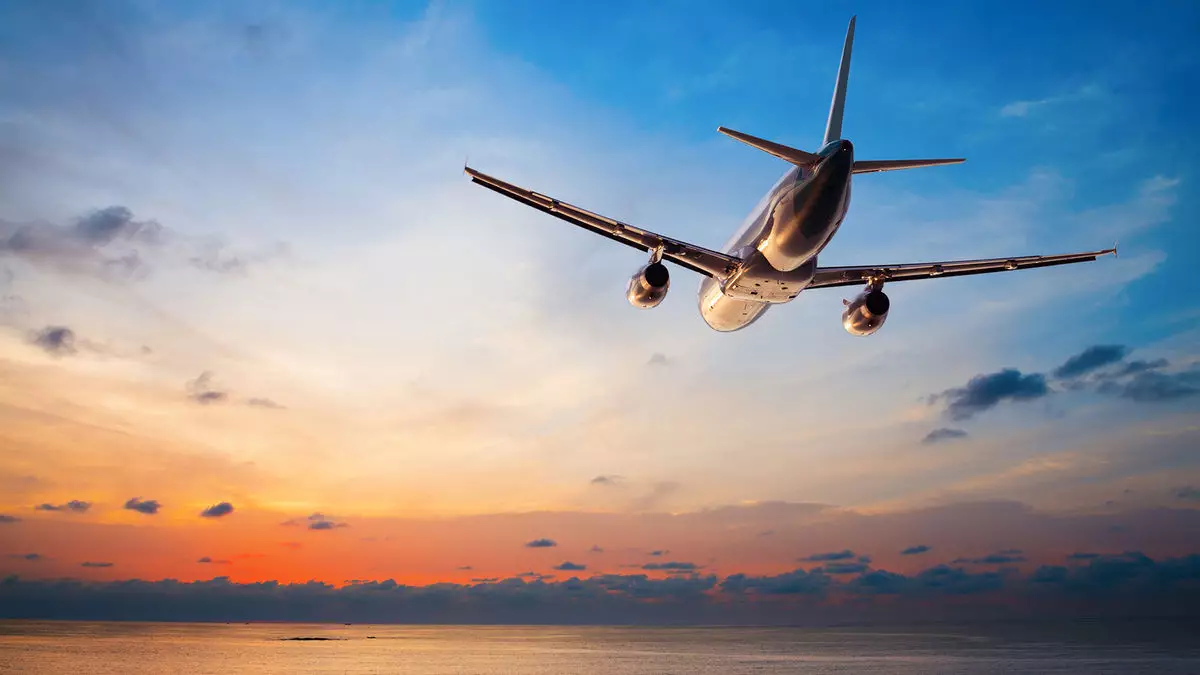At the IATA’s Annual General Meeting held in Istanbul last year, airline executives expressed their biggest concern about supply chain constraints that were slowing down aircraft deliveries. Fast forward to this year’s meeting, and it seems like little has changed. The frustrations surrounding the supply chain issues have not improved significantly, according to IATA director general Willie Walsh.
The implications of these supply chain challenges are significant for the aviation industry. IATA projects the total number of commercial flights worldwide to be 38.7 million this year, which is 1.4 million less than previously estimated. This decrease is primarily due to delays in aircraft deliveries, with 1,583 fewer deliveries scheduled for this year compared to a few months ago.
Airbus managed to increase its plane deliveries in the first quarter of the year, while crisis-ridden Boeing saw a steep decline in its deliveries. The scrutiny surrounding Boeing’s 737 narrowbody program has exacerbated the delivery delays. Furthermore, the reliability issues with new-generation engines from GE and Pratt & Whitney have added to the challenges faced by airlines.
The industry is divided on whether the supply shortage will ease first for engines or for airframes. Despite some optimism about resolving the engine challenges, the shortage of airframes, both widebody and narrowbody, remains a pressing issue. Airlines are forced to extend the usage of existing aircraft, leading to strain in the parts market.
United CEO Scott Kirby believes that the supply chain issues have reached their lowest point but have yet to show signs of improvement. He expressed concerns that the engine problem might be the most difficult to address. On the other hand, Lufthansa Group CEO Carsten Spohr painted a more pessimistic picture, labeling supply chain problems as a massive hurdle for the industry with no quick recovery in sight.
The ongoing supply chain constraints continue to pose challenges for the airline industry, impacting aircraft deliveries, engine reliability, and parts availability. While there are differing views on whether there will be a resolution to these issues in the near future, it is evident that industry leaders are grappling with the complexities of the supply chain disruptions. Acknowledging these problems is the first step towards finding sustainable solutions to ensure the smooth functioning of the aviation sector.

